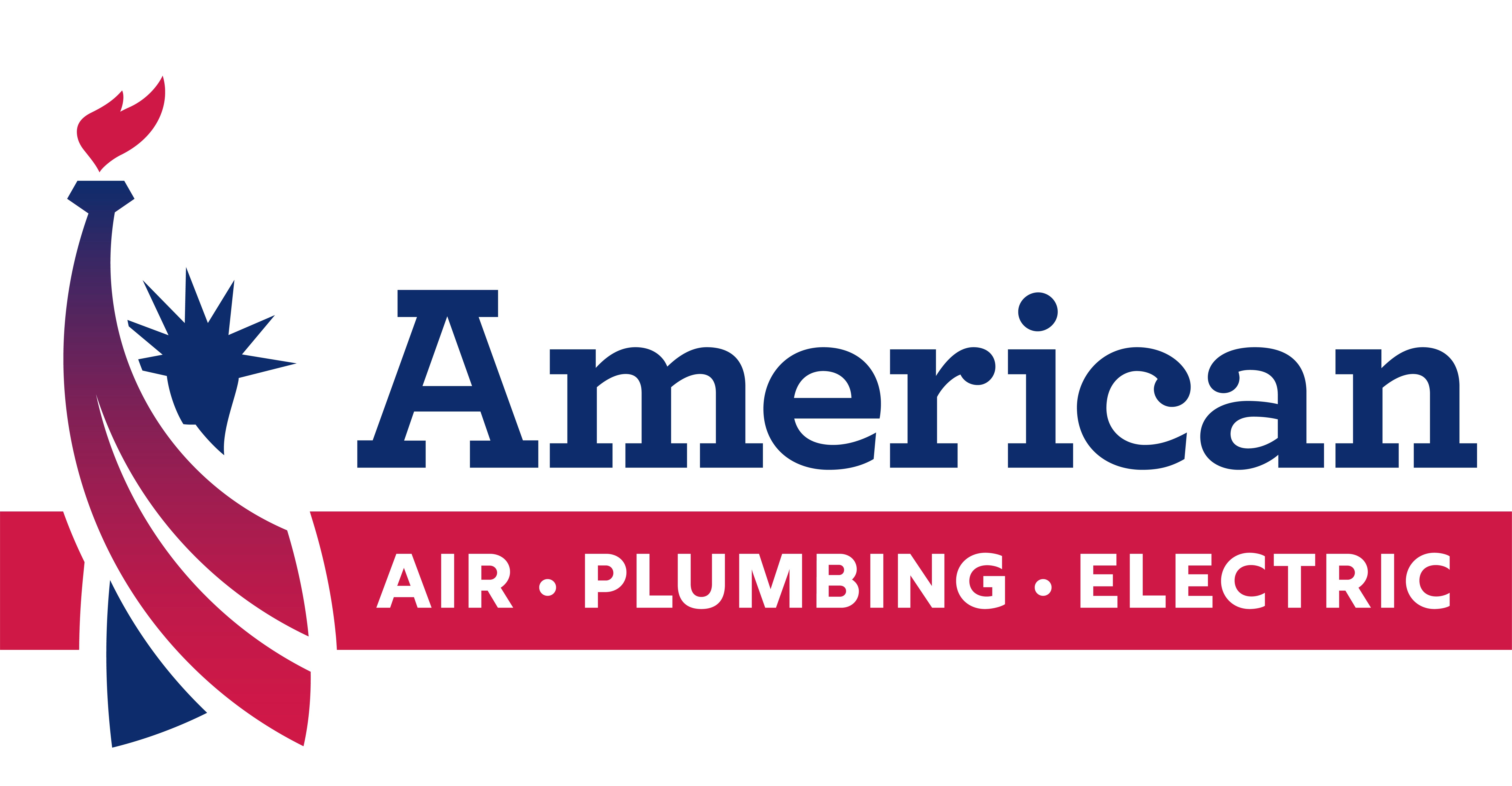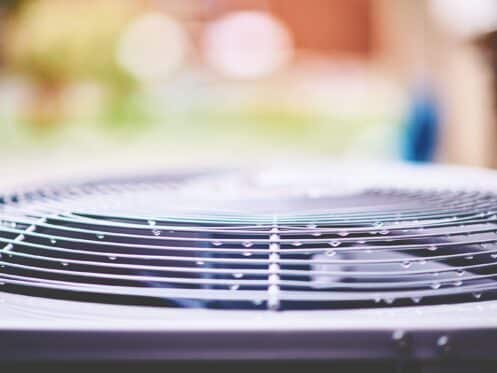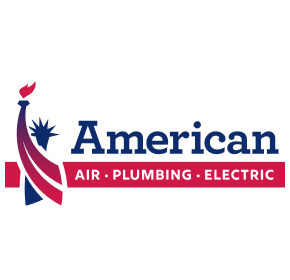While there are so many positive aspects of living in central Florida, dealing with tropical storms isn’t thought to be one of them. Aside from the risk to your family’s safety, these powerful storms also pose a risk to your HVAC system, even if your home has no other apparent damage. Consider the ways a tropical cyclone may damage your HVAC system, how you can mitigate some of those aspects, and signs that your system needs an AC repair after sustaining damage after a storm.
Wind Damage
Tropical storms are defined, in part, by their winds, which start with sustained winds at 39 miles per hour. To give some context, 40 miles per hour is strong enough to blow plastic lawn furniture and light unsecured items around your property. Get to 55 miles per hour, and the winds can uproot entire trees. If you’re dealing with a hurricane, that’s sustained winds of a minimum of 75 miles per hour.
For your HVAC system, the winds associated with tropical storms pose a significant risk of flying debris damaging your outdoor HVAC components. This may include direct damage to your air conditioner or heat pump compressor unit, or damage to your roof vents, which play a critical role in air circulation. With your compressor unit, flying debris may damage the outside coil, which can cause a refrigerant leak. It may also damage the fins on the coil, which can restrict airflow through the system. Further, even if the unit itself comes through without significant damage, there may be debris and dirt caught in the unit, which will also restrict airflow and need to be cleaned.
Forget about the only issues being flying debris. When the wind gets strong enough, they can move the outside unit if it’s not properly anchored down, damaging the coil, compressor, and refrigerant lines.
Power Surges
Another significant risk is power surges caused by the storm. Many of these power surges are caused because of strain on the system due to the storm. First, people are running their air conditioners more to try to keep their homes comfortable. Next, the excess humidity lowers resistance through an electrical circuit, allowing power to flow more easily. This causes excess power and may trip breakers. Surges also commonly happen when power is restored to the grid.
Regardless of the cause, power surges can cause significant damage to your HVAC equipment. When too much power passes through a component, it gets too hot and can cause it to fail by burning or shorting out.
Flood Damage
Tropical storms frequently bring with them flooding, which often comes from the torrential downpours in central parts of Florida. If the water level rises up to cover any part of your exterior unit, it’s likely there is some damage. On the lighter side, flood waters often contain dirt and grime, which will adhere to the coil and prevent air from flowing through it.
However, it may also cause more substantial damage to the system if it was running when it started flooding, especially if the water comes over the compressor terminals. This will cause damage to any electrical component that had power passing through it when it came in contact with water.
Lightning Damage
Many people think about the damage lightning causes when it strikes something directly, and that will certainly damage your HVAC system. However, even a nearby lightning strike can cause major problems. This can push a lot of excess power into the system, which it has no option but to accept. This power then overloads the system, causing excessive heat and arching. The result is damage to both components and wiring, requiring sometimes substantial repairs.
Preparing for Summer Storms
Let’s explore all the ways you can prepare for the storms, both immediately before they arrive and a little further in advance. Taking some time and investing a little money can be the difference between your system surviving versus dealing with a costly and preventable AC replacement.
While planning ahead, look to elevate your outside air conditioner or heat pump unit. These commonly sit on a concrete slab. However, you want to make sure you elevate the unit above the 100-year flood level. This may mean needing to raise the unit up several feet to keep it safe during a storm. You’ll want to work with an HVAC contractor to do this work to prevent damage to your unit.
However you raise it, you’ll also want to be sure you can securely anchor it down to prevent winds from carrying it away. If you can use a concrete slab, this will keep it securely on the ground as long as the mounting bolts are tight. Before any major storm, check them and tighten them as needed.
Power surges pose a significant risk to HVAC equipment during these storms. Consider installing a surge protector for added electrical protection. Before the storm rolls in, shut the power off to your HVAC equipment. Draw down the temperature in your home before the storm arrives, then use fans for as long as you can to manage the heat.
Before the storm arrives, purchase a waterproof cover and fit it over your unit once you’ve shut it down. This will help protect it from driving rain and some minor flying debris. Work through your property to clean up any loose debris and secure anything the wind could pick up.
Signs of Damage After a Storm
Signs of damage after a tropical storm system can range from obvious to subtle. Start by considering the extent of the storm. If your unit was flooded, there’s a good chance it has sustained damage, and you need to call a professional to come to assess the situation before you attempt to turn it on.
Next, physically inspect the unit and look for signs of damage. You want to look for any debris sticking out of the unit or damage to the coil fins. Consider any damage to the unit’s housing as well.
Look for signs of a power surge in your home. Did you observe lightning striking close by? Were other electrical appliances damaged in your home, or did you have any noticeably damaged wiring, switches, or outlets? Consider your circuit board as well. Did a breaker trip during the storm? Do any breakers continue tripping after the storm? All of these are signs your electrical system was damaged, which can put a strain on your HVAC system. It’s best to have a professional inspect it to make sure it’s ready for safe operation.
If you decide to turn your unit back on, listen for unusual sounds that may indicate it was damaged. Specifically, listen for hissing or gurgling sounds, which may indicate a leak. Listen for a loud buzzing, whining, or chattering sound from the outdoor unit, which may indicate a problem with your capacitor or compressor. All of these indicate your system is experiencing a problem and needs some attention to work properly.
American Air, Plumbing, and Electrical has been part of the Oviedo community since 1987, meeting the demanding heating and cooling needs central Florida brings. Our expert technicians take pride in providing trusted heating and air conditioning repair, maintenance, and installation, together with indoor air quality solutions and duct cleaning. Call to schedule your repair appointment with one of our award-winning technicians today.


